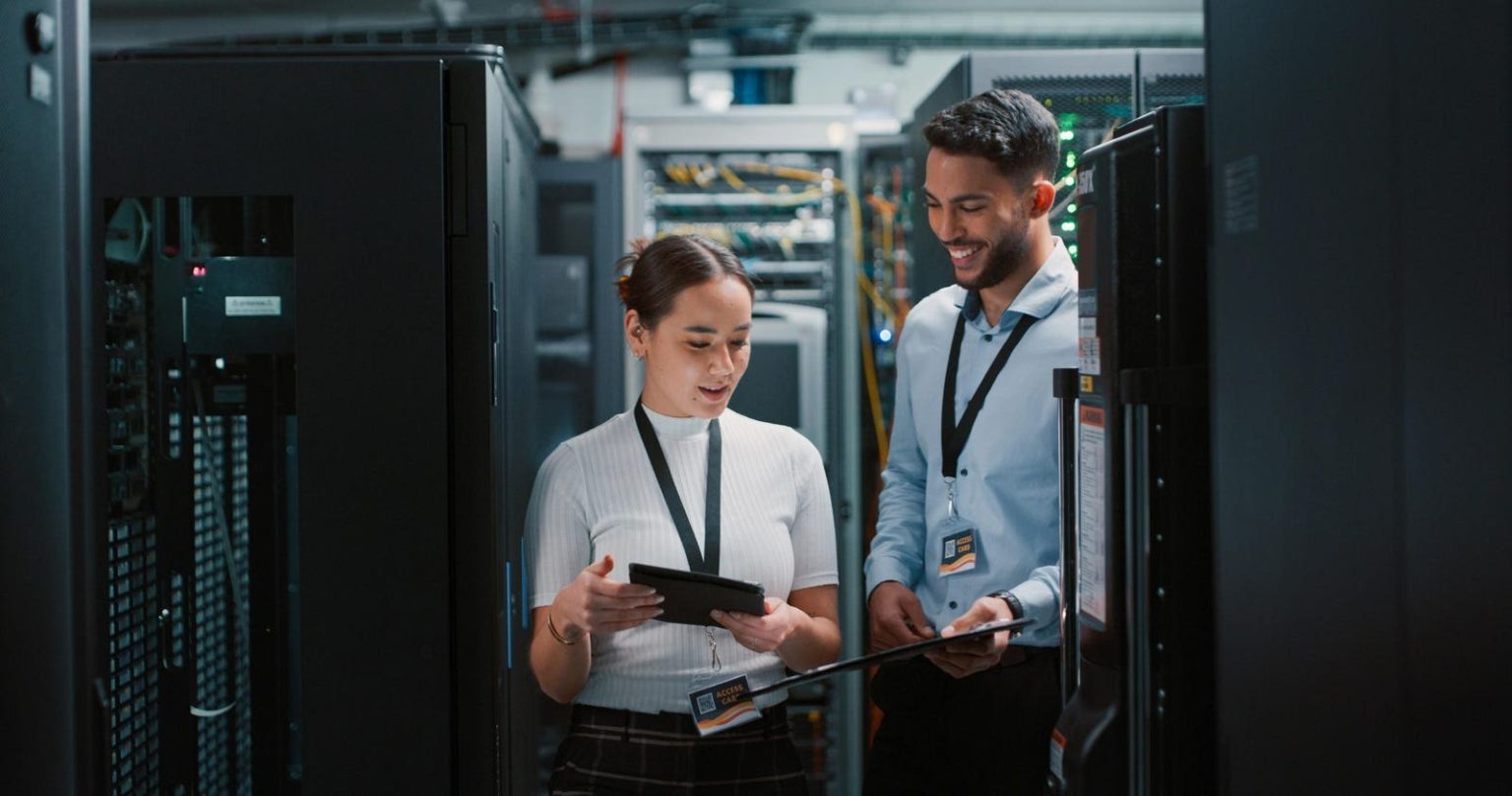Suzanne Ogle, the President and CEO of the Southern Gas Association, points out the critical role data centers play in the digital age, emphasizing the need for reliable power sources to meet the demands of artificial intelligence (AI) and increasing data production. She highlights the opportunity for collaboration between data centers, utilities, and the AI industry to provide dependable energy solutions while reducing emissions and enhancing efficiency.
Data centers are significant consumers of energy, contributing to a considerable carbon footprint globally. AI applications require substantial computational power, leading to a surge in energy consumption. Suzanne Ogle notes that data centers consume around 1.5% of global electricity and account for approximately 3% of global greenhouse gas emissions, similar to the carbon footprint of the entire airline industry. Adopting cleaner energy technologies could help data centers reduce their environmental impact and carbon emissions.
Innovative partnerships between utilities and the AI industry are driving sustainability and efficiency in data centers. Ogle highlights the importance of always-available power sources like natural gas in ensuring energy reliability and sustainability. Collaborations such as Google’s partnerships with Duke Energy in North Carolina and Hamina Energia in Finland showcase how using natural gas and renewable energy sources can help data centers achieve lower emissions and greater energy reliability, supporting their sustainability goals.
Utilities play a crucial role in providing reliable power supplies for data centers. Data center operators can consider options like natural gas, wind, and solar energy to balance innovation and reduce emissions. Natural gas plants offer flexibility in adjusting output to match energy demands, emitting up to 60% less CO2 than coal plants. Meanwhile, renewable energy sources like wind and solar can enhance a company’s sustainability image and reduce operating costs. Data center managers and IT operators can implement strategies such as investing in energy-efficient hardware and utilizing AI and machine learning to optimize energy consumption.
To meet the growing power demands of data centers sustainably, individuals and communities can advocate for cleaner technologies and support policies promoting sustainability. Encouraging corporate responsibility and green certifications, such as the Green Grid’s Power Usage Effectiveness (PUE) and LEED certification, can align with industry and consumption sustainability goals. By adopting cleaner energy technologies and fostering innovative partnerships, data centers can significantly decrease their environmental impact while meeting the demands of the digital age.
In conclusion, data centers have the potential to promote cleaner and more efficient energy use, reducing overall emissions and aligning with global sustainability goals. By collaborating with utilities, the AI industry, and other stakeholders, data center operators can drive innovation and sustainability in the digital age. Suzanne Ogle’s insights highlight the importance of thoughtful planning, energy infrastructure, technology, workforce, and partnerships in achieving a more sustainable future for data centers and the broader community.


